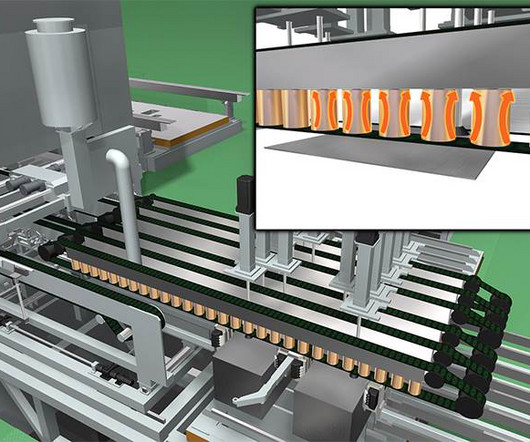Maersk sets net zero CO2 emission target by 2050
Green Car Congress
DECEMBER 6, 2018
of global CO2 emissions. Already, Maersk’s relative CO 2 emissions (CO 2 emissions per container moved) have been reduced by 46% (baseline 2007), approximately 9% more than the shipping industry average. With short battery durability and no charging points along the route, innovative developments are imperative.
































Let's personalize your content